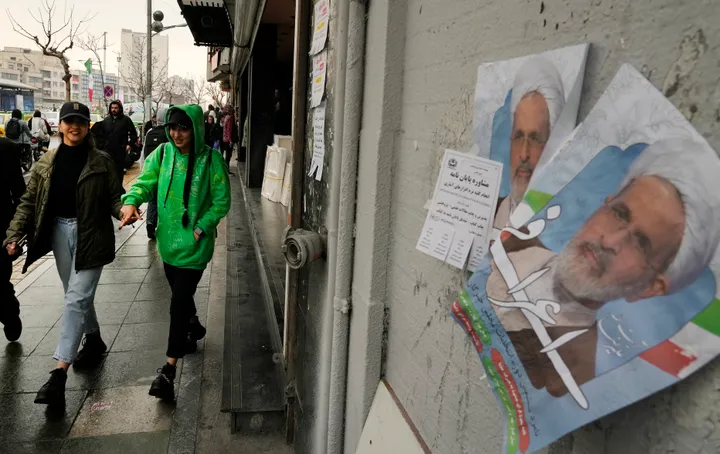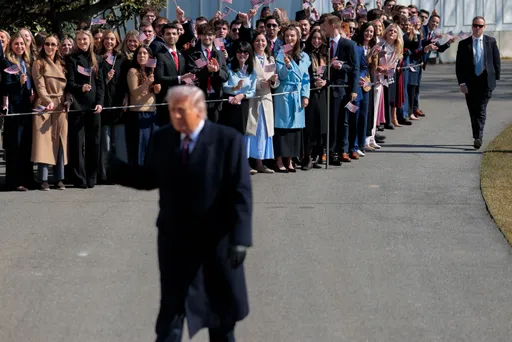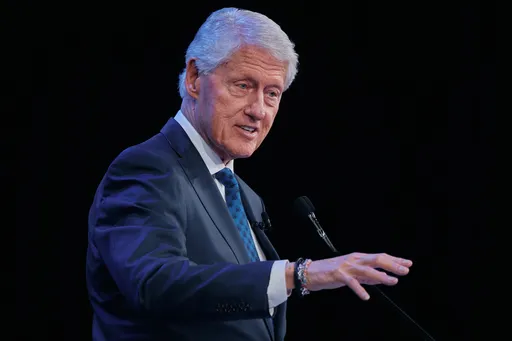Yemeni businessman, Masood Al Harazi’s wife has asthma and nasal polyps - abnormal growths inside her nasal cavity - which cause breathing difficulties. She needs urgent medical attention but survives on strong medication as money is tight.
Before the Saudi bombing campaign in Yemen in March 2015, Harazi including his family of four, led a charmed life in Yemen, often shuttling between Sana’a and Kuala Lumpur for business.
“On the first day of the war, I lost everything that I built over 30 years,” recalls Harazi. Schools, homes, and offices were destroyed.
Relocating would mean abandoning his home of 20 years, family, friends, memories of children born and family members long gone. Kuala Lumpur seemed like an obvious choice to set up even if, at first, it was restricted to work. Navigating the healthcare system in a foreign land was both challenging and expensive.
But soon Harazi would learn of other obstacles.
The daily withdrawal limit of $2000 prevented him from retrieving his life savings of $280,000 from Tadhamon International Islamic Bank (TIIB).
The money would help with medical bills, but also for school tuition and a roof above their heads. After months of haggling with bank officials and withdrawal requests turned down, Harazi was forced to try something else.
Marwan Hael Saeed and links to the HSA group
In early December 2015, Marwan Ahmed Hael Saeed organised a luxurious gathering in Kuala Lumpur’s Marriott Hotel, inviting people to invest in his company, MAHS Investment Holding (MIH). Here, the company announced a range of business schemes with a semi-annual return on investment between 7 -10 per cent.
Marwan is the grandson of the founder of Hayel Saeed Anam Group (HSA), which has been around since 1938. With a $10 billion turnover, the group also owns TIIB, where Harazi deposited his life savings.
HSA even partneredwith the UN to support vulnerable Yemeni communities and frontline health workers when coronavirus hit Yemen. On August 11 this year, the HSA groupteamed up with the World Bank to bolster Yemen’s food security.
Harazi thought investing with Marwan, whom he also trusted, would allow him easier access to his cash.
In September 2016, recorded videos of the astute businessman - and smooth talker - Marwan articulating his vision for the company gave no reason for investors to doubt his credibility.
“We all invested because Marwan carried the name of Hayel Saeed. None of us met him before,” said Harazi.
That same day, Harazi issued a cheque in Kuala Lumpur on March 3, 2016. An amount of $280,000 was moved to Marwan’s bank account in Yemen (and then Malaysia).
The transfer raised alarm bells but Harazi was still clueless on what was to unfold.
‘Ponzi scheme’ origins, Marwan disappearance
The strategy Marwan used to lure investors was not dissimilar to a Ponzi scheme; pay early investors with money from new investors.
The Ponzi Scheme is named after an Italian swindler named Charles Ponzi from 1919. But the first recorded instances of such organised looting can be traced back to the mid-to-late 1800s, by German Adele Spitzeder and American Sarah Howe.
During the subprime mortgage crisis in March 2009, disgraced US financier Bernie Madoff, pleaded guilty to running the largest Ponzi scheme in history. He was sentenced to 150 years in prison, where he died this year, for defrauding tens of thousands of people out of $20 billion.
Like most successful cons, in the early months, Marwan lavished investors with handsome returns on their investments, as promised.
Between late 2017 and early 2018, when they asked to withdraw their funds, Marwan staggered their payments and then stopped them. By early January 2019, he mysteriously disappeared from Malaysia without informing investors. He was later found in Egypt and then Turkey between March to June 2020, where he now lives.
By the end of 2019, Harazi discovered that Marwan transferred all his assets, including real estate properties in his family’s name. For example, he transferred his villa in Sana’a to his mother’s name and properties in Kuala Lumpur to his cousin’s name, Harazi said.
MIH is incorporated in the Cayman Islands with offices in Yemen, Malaysia, Mozambique, and Madagascar.
Harazi accused the Hayel Saeed family of facilitating the fraud by not explicitly stating on their website that Marwan was no longer affiliated with the family business. He also blamed the HSA family for moving the investors' money from their accounts in Tadhamon Bank to Marwan’s account within 24 hours.
On his investment website, Marwan celebrates HSA’s business legacy and links to his grandfather and founder, Hayel Saeed Anam.
But HSA spokesperson denied any such ties, saying, “Marwan is not a shareholder, employee or in any manner or capacity connected to the HSA business group and its operations, either directly or indirectly.”
The investors claimed that details ( Marwan’s ties to HSA) were intentionally obscured from them before they poured their money into MIH.
Harazi’s case is not unique. TRT World has learned that Marwan swindled ten other Yemeni investors by embezzling funds nearing a total of $2 million. Even Malaysian investors are targets. The exact figures of Marwan’s fraud in total are unknown.
According to these investors, some have been individually robbed of thousands of dollars and are suing Marwan separately.
Justice in a broken legal system
The investment contracts with investors, seen by TRT World, state that in case of a conflict, the dispute should be settled by arbitration.
But the investors' efforts to get several mediators to intervene have been futile. Yemeni Ambassador to Malaysia, Arbitration Department of the Sana'a Chamber of Commerce, Yemeni Embassy in Ankara, Turkey, the Yemeni Consulate in Istanbul, Turkey, the Yemeni Businessmen Association in Istanbul and the Yemeni Businessmen Club in Istanbul - all directed them to the Yemeni or the Turkish judiciary.
In September, last year the Yemeni ambassador to Malaysia, Dr Adel Bahommid told investors that HSA distanced itself from Marwan’s fraudulent scheme and claimed that nothing has happened in its name or those of its partners.
In July 2018, Faisal Abdul Wahid Saeed Al-Ahmar, suffered a stroke. With investments averaging nearly $600,000 and as one of the largest investors in MIH, Ahmar’s debt was piling up while his physical and mental health was in decline. He was trying to salvage his trading business while supporting eleven young children.
Ahmar even travelled to Kuala Lumpur from Sanaa in October 2018 to recoup his money, but found himself drowning in further debt.
“I am afraid of going to prison because of my debt to other people and traders,” he told TRT World.
Marwan deluded Ahmar, promising he would sell his real estate within a month and return the total amount invested together, with profit.
Ahmar, as well as other investors, are using mediators to reconcile. But amid a seven-year intractable battle where former war allies have turned on each other, Yemen’s judicial system has crumbled. Yemen’s courts, regardless of whether they are Houthi or government-run, have no international legitimacy.
Harazi fears his wife’s condition will worsen in the absence of timely medical care. Without a response from Marwan, and marooned in Kuala Lumpur, he is thinking of selling his remaining assets to pay for her surgery, but time is running out.
“Besides we all know that the court system in Yemen is compromised and offers no justice for the poor when the rich can buy verdicts easily,” Harazi added.
Harazi is pursuing the Ministry of Foreign Affairs, Interpol in Turkey, and Turkish Ministry of Interior to prosecute Marwan in Turkey.
But in the absence of Marwan’s exact home address, it is difficult to summon him. There is very little cooperation from the HSA group, Harazi alleged.
“We are still determining with lawyers if the Turkish judiciary can legally prosecute the case in Turkey," he said, adding that it is the start of a long and circuitous process that could take up to ten years or longer.























